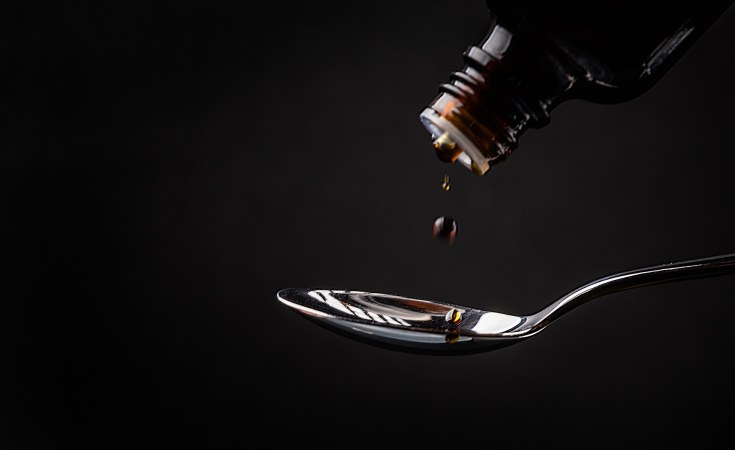WHO is releasing an urgent call to action to countries to prevent, detect and respond to incidents of substandard and falsified medical products.
Over the past four months, countries have reported on several incidents of over-the-counter cough syrups for children with confirmed or suspected contamination with high levels of diethylene glycol (DEG) and ethylene glycol (EG). The cases are from at least seven countries, associated with more than 300 fatalities in three of these countries. Most are young children under the age of five. These contaminants are toxic chemicals used as industrial solvents and antifreeze agents that can be fatal even taken in small amounts, and should never be found in medicines.
Based on country reports, WHO has issued three global medical alerts addressing these incidents. The Medical Product Alert N°6/2022 on 5 October 2022 focused on the outbreak in the Gambia, Medical Product Alert N°7/2022 on 6 November 2022 focused on Indonesia, and Medical Product Alert No1/2023 on 11 January 2023 focused on Uzbekistan.
WHO's medical product alerts were rapidly disseminated to the national health authorities of all 194 WHO Member States. These medical product alerts requested, inter alia: (a) the detection and removal of contaminated medicines from circulation in the markets, (b) increased surveillance and diligence within the supply chains of countries and regions likely to be affected, (c) immediate notification to WHO if these substandard products are discovered in-country; and otherwise inform the public of the dangers and toxic effects of the substandard medicines at issue.
Since these are not isolated incidents WHO calls on various key stakeholders engaged in the medical supply chain to take immediate and coordinated action.
WHO calls on regulators and governments to:
- detect and remove from circulation in their respective markets any substandard medical products that have been identified in the WHO medical alerts referred to above as potential causes of deaths and disease;
- ensure that all medical products in their respective markets are approved for sale by competent authorities and obtainable from authorized/licensed suppliers;
- assign appropriate resources to improve and increase risk-based inspections of manufacturing sites within their jurisdiction in accordance with international norms and standards;
- increase market surveillance including risk-based targeted testing for medical products released in their respective markets including informal markets; and
- enact and enforce, where relevant and as appropriate, laws and other relevant legal measures to help combat the manufacture, distribution and/or use of substandard and falsified medicines.
WHO calls on manufacturers of medicines to:
- only purchase pharmaceutical grade excipients from qualified and bona fide suppliers;
- conduct comprehensive testing upon receipt of supplies and before use in manufacture of finished products;
- provide assurance of product quality including through certificates of analyses based on appropriate testing results; and
- keep accurate, complete and proper records of purchase of materials, testing, manufacture, and distribution to facilitate traceability during investigations in case of incidents.
WHO urges all suppliers and distributors of medical products to:
- always check for signs of falsification and physical condition of medicines and other health products they distribute and/or sell;
- only distribute and/or sell medicines authorized by, and from sources approved by, competent authorities;
- keep accurate, complete and proper records relating to the medicines and their distribution and/or sale; and
- engage competent personnel to handle medicines and provide advice to the public on appropriate use of the medicines.
In addition, WHO will continue to work with the Member State Mechanism on substandard and falsified medical products in implementing its mandate to promote effective collaboration in the prevention, detection and response to substandard and falsified medical products to save lives.


